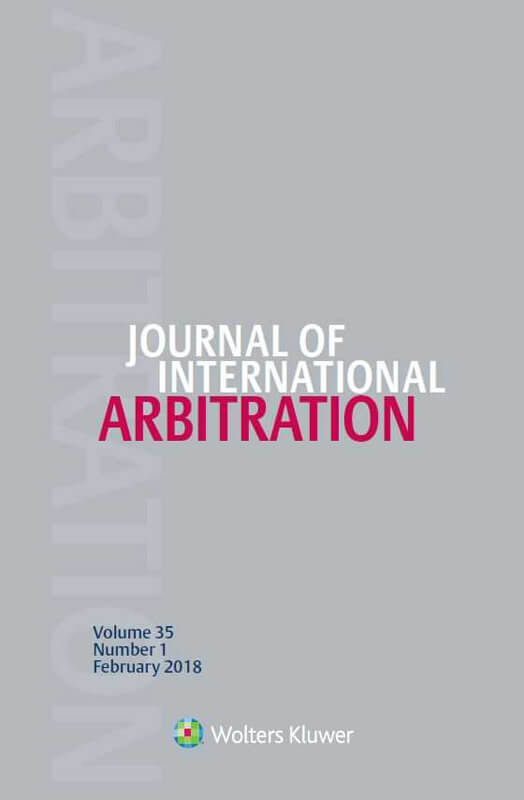Home > All journals > Journal of International Arbitration > 32(5) >

$25.00 - Rental (PDF) *
$49.00 - Article (PDF) *
Nitish Monebhurrun
Journal of International Arbitration
Volume 32, Issue 5 (2015) pp. 551 – 561
https://doi.org/10.54648/joia2015026
Abstract
In recent years, arbitral tribunals have frequently referred to the concept of legitimate expectations when analyzing a state’s obligation to provide fair and equitable treatment. Indeed, an investor’s legitimate expectations have become so central to the fair and equitable treatment obligation that the latter is now rarely invoked without reference to the former. Notwithstanding the increasing importance of this concept, however, the legal nature of legitimate expectations is still unclear. A minority of arbitral tribunals have categorized legitimate expectations as a general principle of international law. This trend was followed in the recent award in Gold Reserve Inc. v. Bolivarian Republic of Venezuela. This note examines the legal analysis of the Gold Reserve tribunal, before concluding that—if understood in a narrow sense—the concept of legitimate expectations can indeed be understood as a general principle of international law.
Extract
